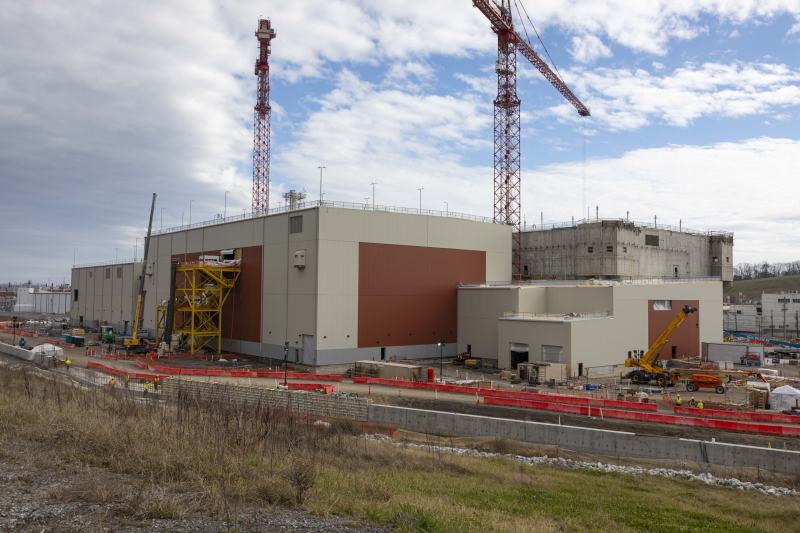
Morning Briefing - May 19, 2022
Visit Archives | Return to Issue PDF
Visit Archives | Return to Issue PDF
Morning Briefing
Article 1 of 5
May 18, 2022
Uranium Processing Facility will be eight months late, NNSA says

The NNSA’s new facility for manufacturing nuclear-weapon secondary stages will not be completed until August 2026: eight months later than expected, the head of the National Nuclear Security Administration told Senators Wednesday in a hearing.
Bechtel National,…